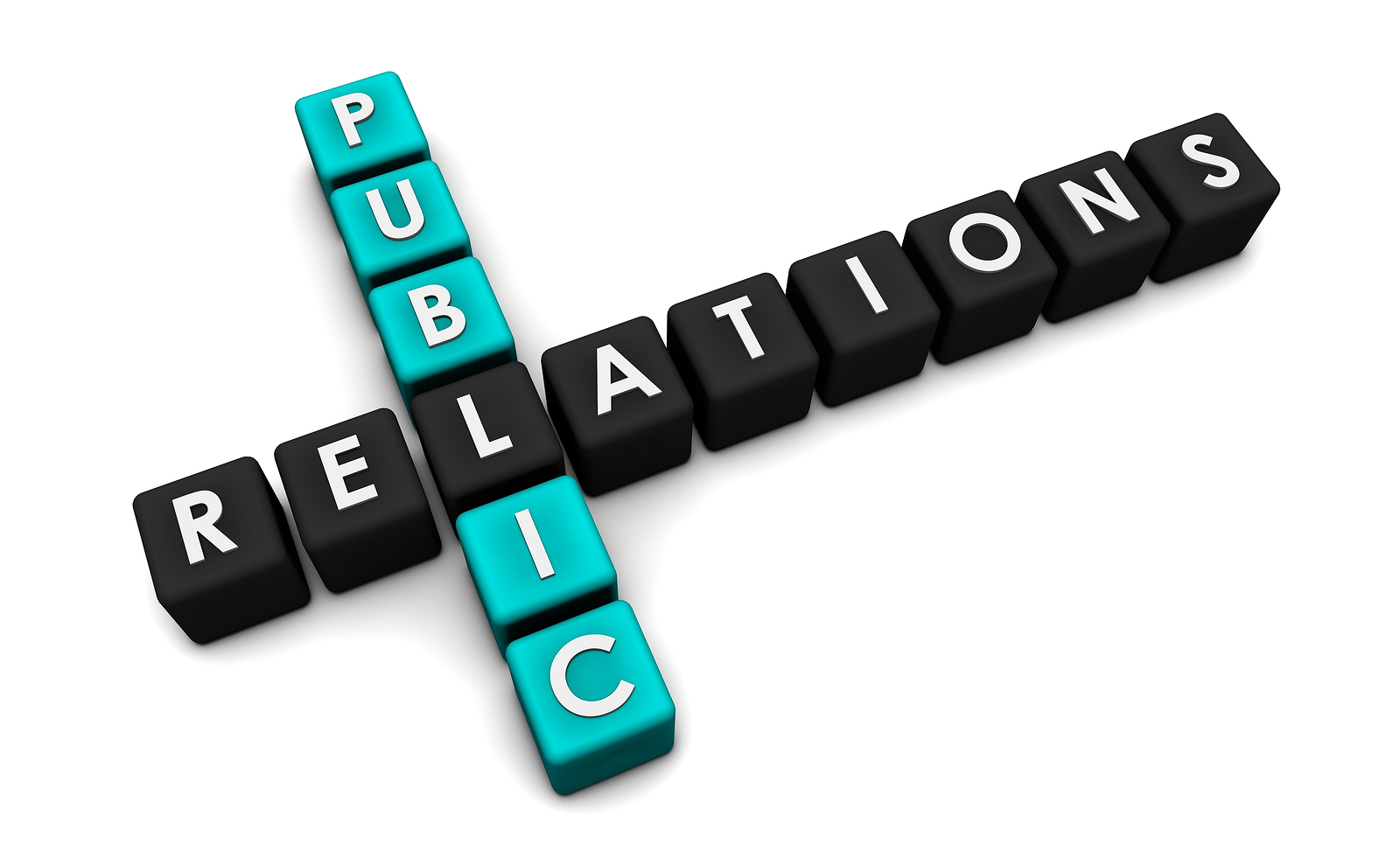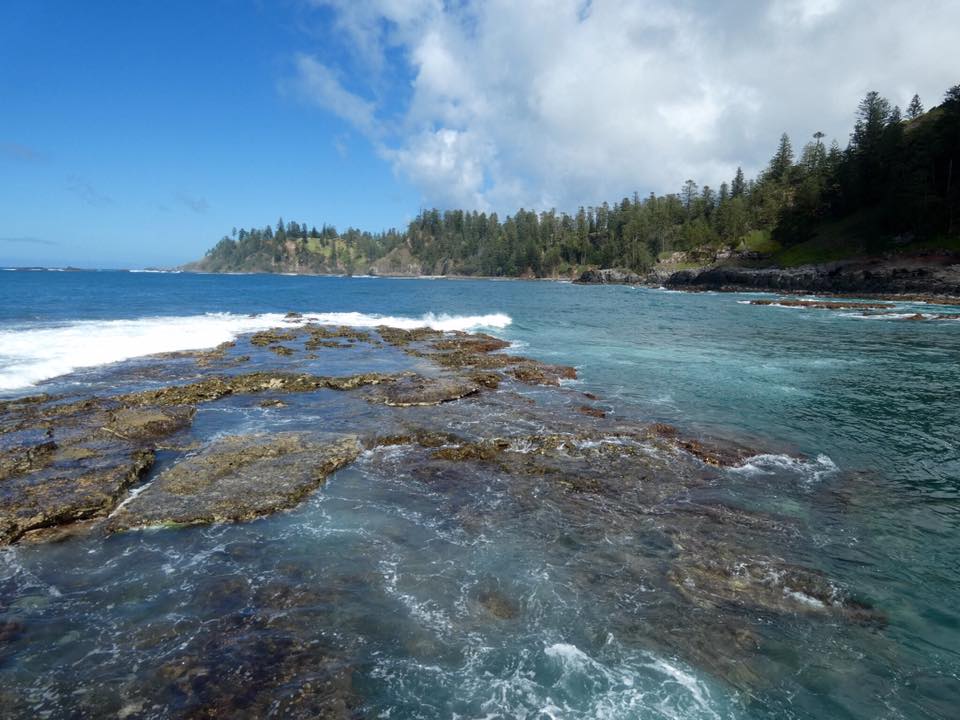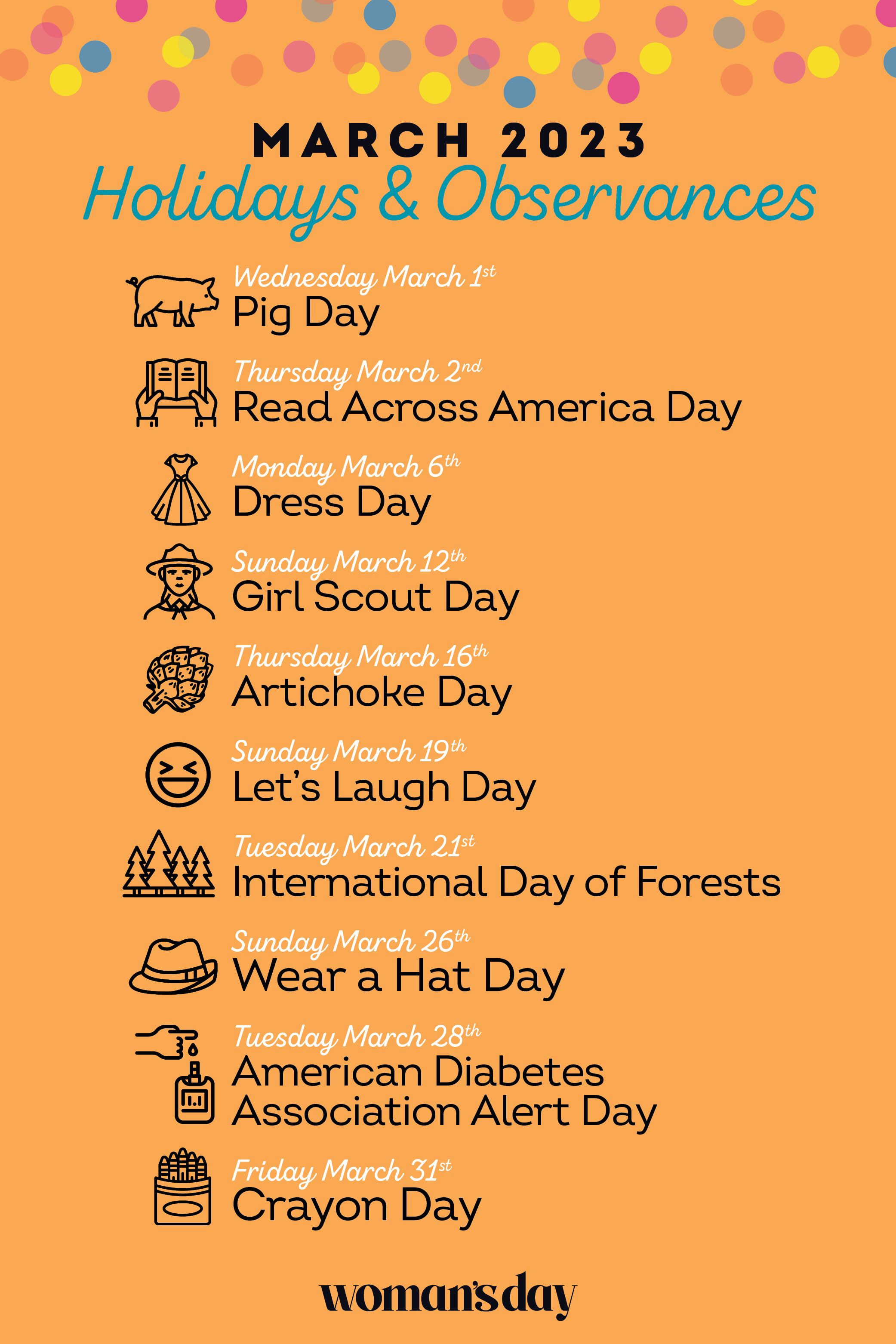Public Relations in the Tourism Industry: How It Shapes Travel Brands
Public relations (PR) is an indispensable element of the tourism industry, acting as both the mirror and the megaphone for travel brands. In an industry driven by experiences and emotional connections, PR not only shapes perceptions but also fosters a sense of trust. Let’s delve deeper into the significance of public relations in tourism, the challenges it addresses, and its transformative impact on travel brands.
Understanding the Essence of Public Relations
Public relations encompasses more than just writing press releases; it involves crafting narratives that resonate with target audiences. In tourism, these narratives can aptly capture the essence of a destination, advocate for sustainable practices, or highlight cultural heritage. It deploys a rich tapestry of storytelling techniques to engage potential travelers emotionally and intellectually.
In an industry replete with competition, effective PR differentiates a travel brand. A robust PR strategy can position a destination as a must-visit location, an experience that transcends mere sightseeing. It informs travelers about the unique offerings, while also addressing their concerns regarding sustainability, accessibility, and community welfare. This multifaceted approach ensures that communication is not one-dimensional but rather a dynamic exchange between the brand and its stakeholders.
Building Relationships with Target Audiences
At its core, effective public relations hinges on building and maintaining relationships. When it comes to tourism, this means engaging with a variety of stakeholders, including travelers, local communities, government entities, and the media. PR professionals act as the intermediaries who facilitate these essential connections.
One of the pivotal roles of PR in tourism is to engage with influencers and travel bloggers. In today’s digital era, the voice of a single influencer can outperform traditional advertising. By fostering genuine relationships with influencers, travel brands can amplify their message exponentially. This results in authentic content that resonates with potential travelers, encouraging them to explore a destination through the lens of local experiences.
Moreover, effective PR strategies also take into account the feedback from travelers. Listening to customer testimonials, addressing grievances, and showcasing positive experiences can significantly enhance a travel brand’s reputation. Cultivating a feedback loop not only strengthens the relationship with existing customers but also attracts prospective travelers by showcasing commitment to customer satisfaction.
Enhancing Reputation Through Crisis Management
The volatility of the tourism industry demands that travel brands be adept at crisis management. Whether it’s a natural disaster, a public health scare, or a negative review that goes viral, the manner in which a brand responds to such crises can either fortify its reputation or spell disaster.
Public relations plays a crucial role in crisis management by offering timely and transparent communication. The contemporary traveler values authenticity; therefore, a brand’s ability to communicate effectively during a crisis can significantly influence public perception. By addressing issues head-on, providing regular updates, and demonstrating a commitment to safety and well-being, travel brands can maintain trust and credibility.
Furthermore, proactive PR strategies that include risk assessment and management can also mitigate the impact of crises. In this regard, PR professionals analyze potential vulnerabilities within a tourism brand and develop contingency plans. This level of preparedness instills confidence in both consumers and stakeholders, thereby fortifying the brand’s position in the marketplace.
The Future of Public Relations in Tourism
The landscape of public relations in the tourism industry is continuously evolving. With advances in technology and shifts in consumer behavior, PR strategies must adapt to address emerging trends. A focus on sustainability, for instance, is no longer optional; consumers now demand eco-friendly options and responsible travel practices.
As the industry shifts toward a more experiential economy, travel brands must elevate their PR efforts to not only promote destinations but to also advocate for cultural authenticity and environmental stewardship. By wholeheartedly embracing these evolving dynamics, PR professionals can create compelling narratives that engage audiences on a deeper level and encourage positive impacts on communities and the environment.
In conclusion, public relations serves as the linchpin for travel brands, shaping perceptions, and enhancing relationships. The challenges of today’s rapidly changing tourism landscape require brands to be agile, transparent, and authentic in their communications. By embracing the art and science of public relations, travel brands can not only survive but thrive in the competitive market, all while creating memorable experiences for travelers worldwide.
You May Also Like
Best Fish to Catch in Australia: A Guide for Anglers
Australia boasts an extraordinary diversity of fish species, making it …
Emily Bay Norfolk Island: A Hidden Gem in the Pacific
Emily Bay, a picturesque enclave nestled on the sun-kissed shores of …
Holidays on August 23: Global Festivities & Observances
August 23 is a date that carries a bouquet of cultural significance …





